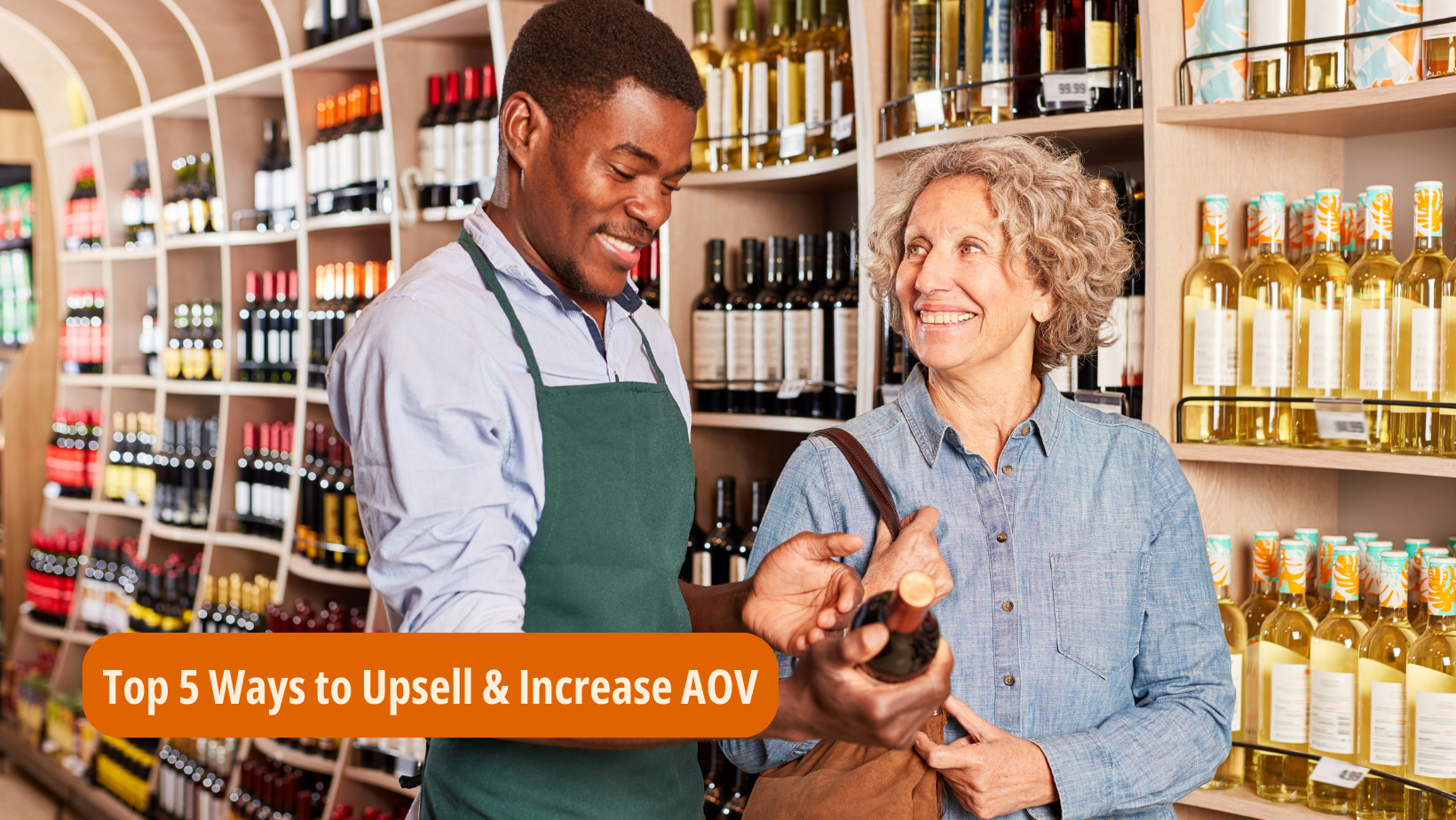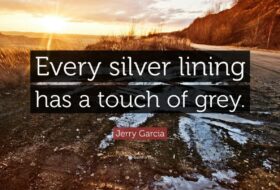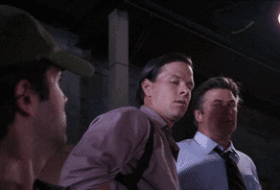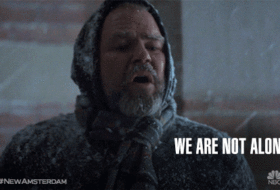It’s always important to make the most of every single guest walking through our tasting room door. While most wineries are hiring friendly staff with strong service hearts, sales skills continue to be an area of opportunity for our industry. Many people worry that selling wine is too pushy, but the reality is, it’s an extension of great hospitality. Here are some key ideas to increase AOV.
1. WISE Triple Score
The goal for successful Direct-to-Consumer wineries is to have both high customer satisfaction as well as 3 out of 3 on the WISE Triple Score on every visit. The Triple Score measures if the server: (1) Asked for the sale (Industry Average*: 73%), (2) Effectively presented the wine club (Industry Average*: 38%) and (3) Attempted to capture the contact data (Industry Average*: 18%). (*Based on 2022 averages across 500+ mystery shops.)
Helpful sales shouldn’t feel pushy. It helps to remember that our guests are interested in buying our wine, joining our club, and appreciate an invitation to stay in touch, that’s why they are visiting our winery. Our job in the tasting room is to help them figure out which wines (& club) are the best fit for them. We must get our team comfortable asking for the sale with every taster. If our team is asking for the sale (yay!), the next step is to get rid of the passive or limited asks. We typically don’t have a wine called ‘Anything’ so let’s ask for specific wines we know our guests are enjoying and try to sell bottles (or better yet, cases), rather than a bottle. If they are struggling to ask for the sale, these next few tips can make it easier.
2. Use benefits
Use features and benefits as a natural, helpful sales technique. A feature is what something is. It’s a factual statement about a product or service. A benefit is what something does. Benefits answer the question: “What’s in it for the customer?” Features alone don’t usually close the sale. Benefits appeal to the customer’s emotions, which makes the sale, since people buy with emotions and justify with logic.
Our job when hosting guests is to ask a lot of questions to better understand their interests and then match those interests to what we have available in our portfolio and our wine club. For example: Foodie? Our club has amazing recipes that pair with our wines. Local? We have many fun events showcasing our wines. Love this wine? It’s a winery exclusive so no one can have access to this wine unless you buy directly from the winery. If we can find ways to match their interests with the right benefits, it makes for an easier, more organic, and effective sell.
3. Plant Sales Seeds
Leverage the benefits and plant sales seeds throughout the experience – it is much more effective than just listing them at the end. By dropping seeds along the way, we are encouraging the guests, right from the beginning, with reasons that they should be thinking about what they want to buy or join, rather than putting them on the spot at the last minute.
Warm them up by making suggestions, dropping hints, and noticing buying signals throughout the experience. As we pour wine, we can suggest what foods to pair it with. Mention that it’s a club exclusive or club favorite to entice them to sign up. Talk about the great deals sent by email so that they want to sign up for the list. Planting these gentle seeds for our visitors allows for an easier and more natural ask towards the end of the tasting and is a non-pushy way to increase sales.
4. Notice Buying Signals
We’ve conducted thousands of tasting room mystery shops and found that clear cues often go completely unnoticed by tasting room staff. These tell-tale signs might be verbal, but more likely (70% of the time, in fact), they are non-verbal. Obvious verbal signals may include making ‘yum’ noises while tasting, asking about prices, saying “I love this wine,” etc. Non-verbal signs may include lingering over the price list, licking lips, reading a tasting description, and tapping with finger, etc. Noticing these buying signals is the first step to increasing sales.
Train staff to know what the buying signals are. The best way to do this is to send staff out mystery shopping. Have them make their own obvious buying signals, then see what is noticed.
5. Leverage Programing
Help the team use what programing is already in place for more effective, organic sales. Consider some of these programs and how to leverage them:
- If they purchase xx number of bottles, do you waive the tasting fee? If so, have the team plant that idea in the beginning of the experience as ‘housekeeping’. As a result, guests will start thinking about WHAT they’re going to buy, not IF.
- The same rules apply to the club. If they sign up today, do they get a discount? Tasting fee waived? If so, bring up the club as early as possible. Let them know that club signups and wine purchases lead to benefits to them!
- If you have bottle carriers (2, 4 or 6 bottle bags or case boxes, have the staff remark to the guests that there are ‘holes’ in the bag that they may want to fill, or that there are room for more friends to fill the bags/shippers. Early in the tasting you can get a feel for their purchase allowance by asking, “I noticed you like that wine. I have an empty case box here – would you like me to start filling it now?”
- Challenge the staff to remember the guests’ favorite wines/have them make notations on the price list or order form and see if they can help the guests remember all the wines they liked so that they can pick which ones they want to take home. Feel free to set aside the wines they like along the way – this will make checkout quick and easy, which your guest will appreciate
- Further, consider having labels, stickers, or other collateral to help guests remember which wines they liked. It’s easier to make the sale that way. Or leave a bottle on the table so the guest can see the wines that they tried and liked.
- The feature of a shipping promotion could be a benefit for anyone visiting from out of town. If you have shipping specials like flat rate shipping at 6 bottles, or one penny shipping with a case, make sure there is collateral for guests and the staff to plant the suggestions of getting wine home easily.
- If guests are flying home, ask which airline to plant suggestions for the ‘excuse’ to purchase more. Alaska ships a case of wine for free. Southwest ships two bags for free. There could be an opportunity to upsell some merchandise too if you have anything “shipping” or “packaging” in the shop.
By simply aiming for 100% on the WISE Triple Score, along with implementing these helpful sales techniques, we can grow sales and guest satisfaction exponentially. Every effort counts.
